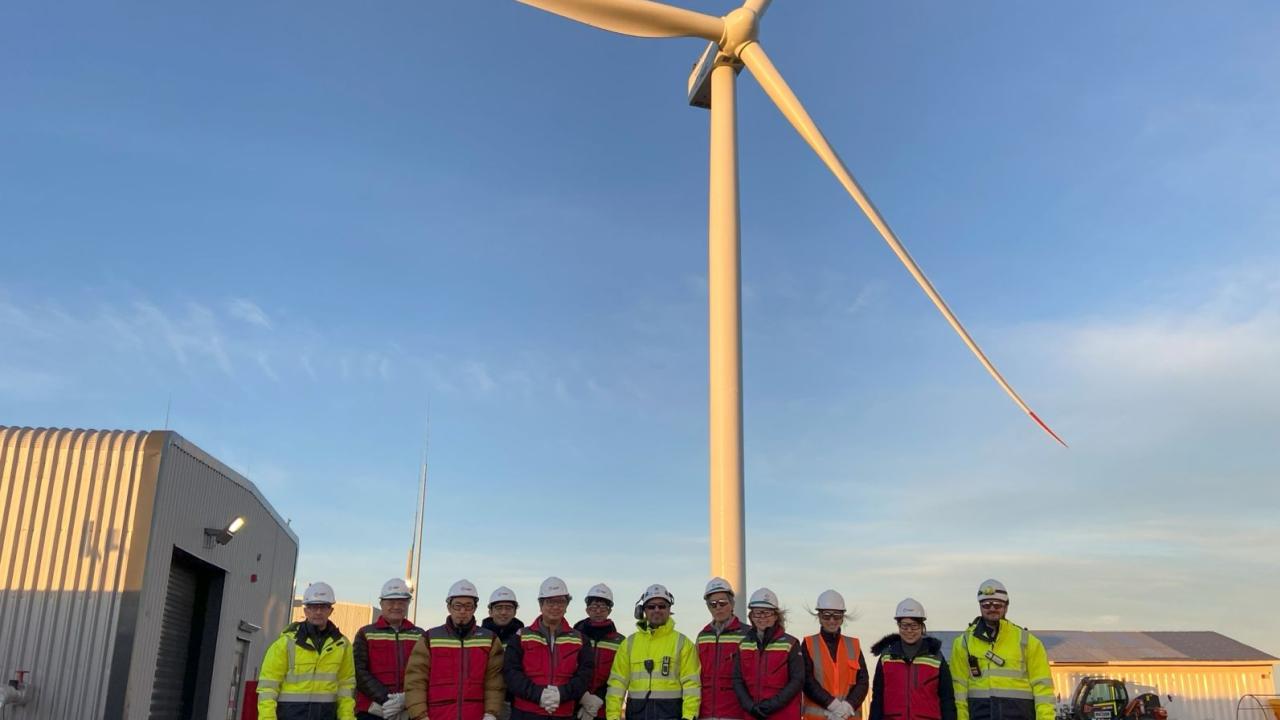
Japan has set a priority to commercially introduce e-fuels into its supply chain to support its mandate to reduce GHG emissions by 46% by 2030.
HIF Global announced a US$36 million investment from Japanese government agency JOGMEC, through Idemitsu Efuels America Corp., to expand the company's projects in the United States, Australia, Chile and Uruguay.
Adding this investment to those made by Idemitsu Kosan and existing shareholders in May this year, HIF Global has raised US$200 million so far this year to finance its projects.
HIF Global President Cesar Norton noted that Japan has made the commercial introduction of e-fuels into its supply a priority to support its mandate to reduce GHG emissions by 46% by 2030.
“With more than 18 months of production at our facilities in Haru Oni in the Magallanes Region, we have demonstrated that e-Fuels are a real solution. We envision a future in which eMethanol, produced by abundant and low-cost renewable energy sources in the United States, Australia, Chile or Uruguay, is exported to Japan for the shipping industry or to be converted into fuels such as e-Gasoline, e-Diesel or e-SAF, which can be used in current engines without the need to modify the existing infrastructure,” said the executive.
JOGMEC President Daito Michio said: “So far, JOGMEC has provided financial and technical support for the development of oil, gas and LNG. However, in light of the legislation update, our support extends to new business areas of hydrogen, ammonia, e-fuels and carbon capture and storage (CCS).
With this initial investment, JOGMEC will contribute to achieving a carbon-neutral society.”
E-Fuels are produced using renewable energy-powered electrolyzers to separate hydrogen from oxygen in water.
Green hydrogen is combined with recycled carbon dioxide to produce carbon-neutral e-Fuels, chemically equivalent to fuels used today and which can be incorporated into existing engines without any modification.
Through a synthesis process, e-Methanol is produced, which can be converted into other e-Fuels such as e-Gasoline, e-Diesel or sustainable aviation fuel (e-SAF).
HIF Global has previously announced collaborations with Japanese companies, with collaboration agreements in place with companies such as ENEOS, ITOCHU, JFE Steel, MOL and Idemitsu.
With the latter, a letter of intent was also generated for the supply of e-Methanol from the HIF Matagorda facilities in Texas (United States), and an investment of US$ 114 million last May.
On the other hand, the growth of the Japanese e-Fuels market is supported by several critical policy initiatives launched by Japanese ministries in June 2021, which include a green growth strategy for 2050 towards carbon neutrality.
In addition, the Asian country aims to market e-fuels by early 2030, which was announced by the Ministry of Energy, Trade and Industry in May last year.
This is in addition to Japan's issuance of Climate Transition Bonds, worth JPY$20 trillion over the next ten years to finance tax credits for decarbonisation.









